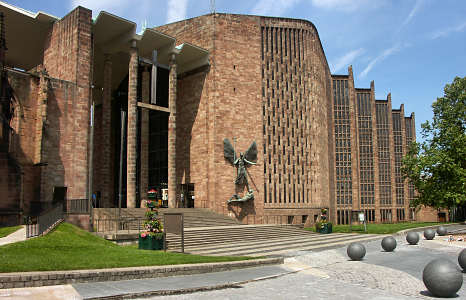21 Feb. Jesus passes the point of no return
"Then Jesus began to teach them that the Son of Man must suffer many things and that he would be rejected by the Jewish elders, the leading priests and the teachers of the law."
"He told them that the Son of Man must be killed and then rise from the dead after three days."
"Jesus told them plainly what would happen. Then Peter took Jesus aside and began to tell him not to talk like that."
"But Jesus turned and looked at his followers. Then he told Peter not to talk in that way. He said, 'Go away from me, Satan! You don't care about the things of God, but only about things people think are important.'"
(Mark 8:31-33)

Peter’s momentous declaration that Jesus was the Christ or Messiah marked the decisive turning point in Jesus’s ministry. Once people realised who Jesus really was, he had passed the point of no return, and from this point on his journey led to the cross of Calvary.
It was the summer of 29AD, and from there onwards Jesus began to teach the disciples – over the last nine months of his ministry – that he would be rejected and killed, but would rise from the dead three days later.
This teaching kills dead the theory that Jesus planned to lead a rebellion against the Romans but it all went sadly wrong! In reality, Jesus was fully aware of what lay ahead for him as he pushed on with God's plan to bring people back to himself!
When Peter objected that Jesus mustn’t suffer and die, Jesus rebuked Peter, “Go away from me, Satan! You don’t care about the things of God, but only about things people think are important” (Mark 8:33).
Calling Peter 'satan' would have shocked his followers, but their Jewish / Old Testament understanding of the Greek word 'satana' (which doesn't have a capital 'S') would have been very different to our 21st century interpretation of Jesus's words.
The Jewish / Old Testament understanding of the word 'satan' comes from Zechariah 3:1-10, where Zechariah had a vision of Joshua, the High Priest, standing before an angel of the LORD in the court of heaven. 'The satan', literally 'the accuser', brings an accusation against Joshua, but the LORD defends him against the accusations of 'the satan'.
In the Old Testament, there was nothing 'evil' about 'the satan'. He was seen as a member of God's heavenly court, and his role was to present accusations against people when they died and were brought before God for judgement in the heavenly court. His role was similar to the prosecution lawyer in a court of justice today.
When Jesus said, "Get behind me satan", Jesus said in effect to Peter, "Your legal argument is unsound. YOUR way isn't God's way of bringing justice into the world. You're not thinking the way God thinks, only the way people judge things." (Mark 8:33)
The photo shows the satan being attacked by the Archangel Michael, portrayed in a dramatic statue outside the Cathedral church of St Michael in Coventry, UK (see Revelation 12:7).
You can read more about 'the satan' in the New Testament @ https://www.thebiblejourney.org/…/the-satans-rebellion-aga…/
